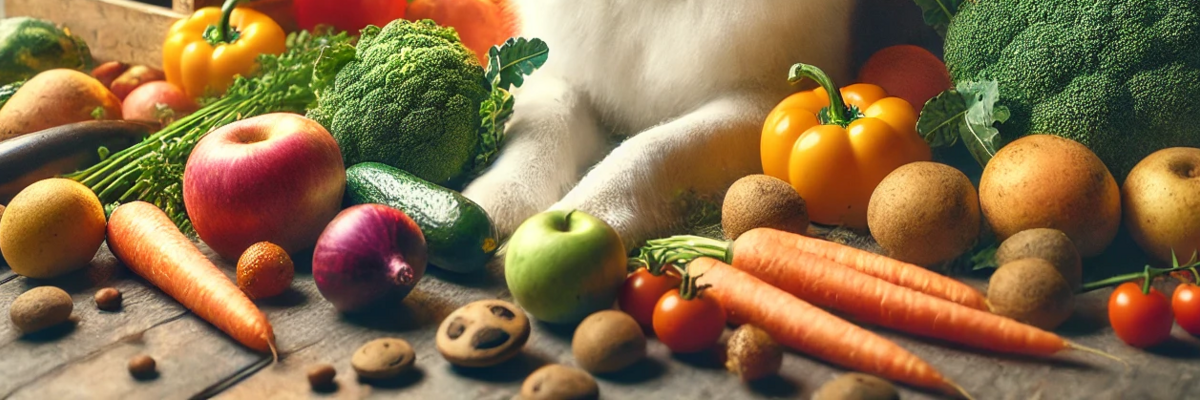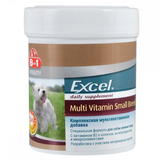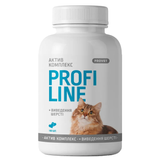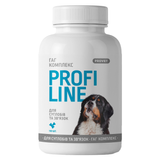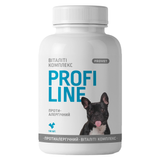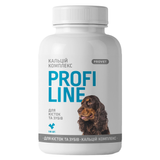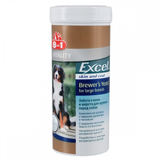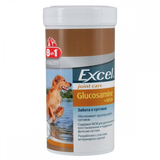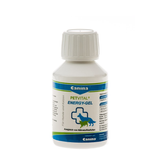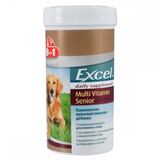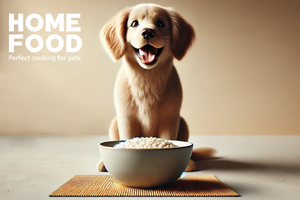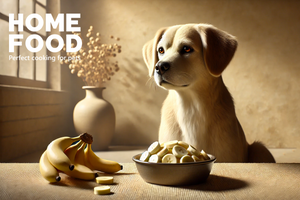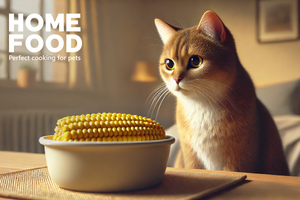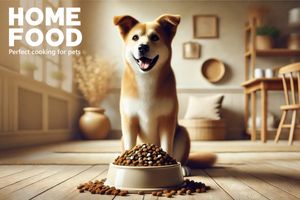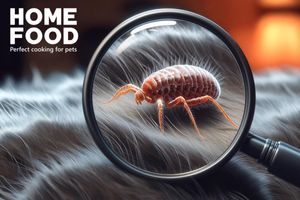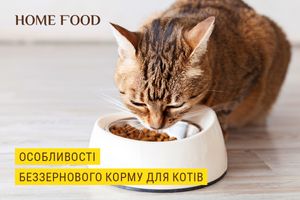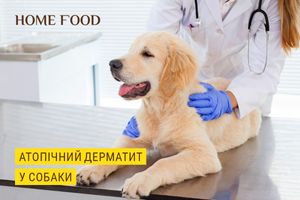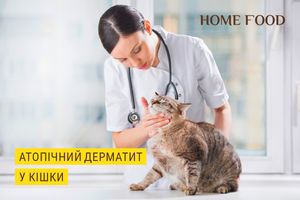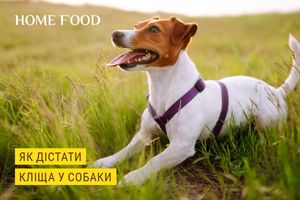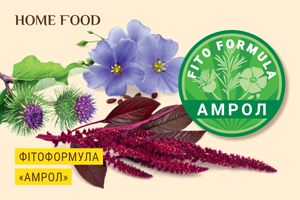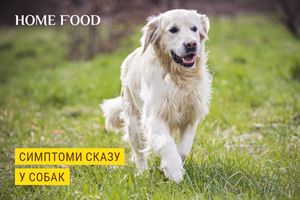When it comes to caring for a dog, the first thing that comes up is nutrition. After all, the pet's health, well-being and beauty will depend on its quality. There are a large number of balanced feeds for different breeds on sale. But sometimes the owners think about whether it is possible to give fruits and vegetables to dogs, and which ones will definitely not harm.
Some fruits and vegetables can really benefit your pet - they contain many vitamins and trace elements necessary for good health. But there are some that can cause serious harm. Every dog owner should know this.
About fruits for dogs
The key to a dog's long life and health is competent care, a component of which is proper, balanced nutrition. Those who are just planning to get an animal should understand what can be fed and what should be categorically excluded from the pet's diet.
Animals are usually fed with ready-made balanced food, adding vitamins for dogs , or with natural food. In the second case, the diet should include meat, cereals, and fermented milk products. But should vegetables and fruits be included?
If you have not taught your dog to plant food since childhood, the pet will most likely refuse it. But still, in some cases, it can be a useful treat, which contains a lot of vitamins, microelements, and dietary fiber. And that's why experts still recommend introducing allowed vegetables and fruits into the diet in small quantities - it's important to watch the pet's reaction. If the animal feels good and does not refuse, you can safely diversify its diet in this way.
Fruits should be present in the dog's diet, but not every day and in limited quantities. Useful include:
- Pear. This is an inexpensive seasonal product that is rich in vitamin K, C, fiber, and copper. In addition, it is a hypoallergenic product. If you give pears regularly, you can significantly reduce the risk of a heart attack, as well as strengthen blood vessels;
- Apples These are the most common fruits in our country. They are also hypoallergenic, there are different varieties - you can offer the dog a choice, probably the pet will even have its own preferences. The fruits contain vitamins C, A, a lot of dietary fiber, which are necessary for proper digestion. Apples can be offered even to elderly dogs;
- Melon. Unfortunately, there are few useful substances in melon for dogs, but in hot weather, such a product can quench thirst well and at the same time will not cause harm, because it is safe for the animal;
- Watermelon. They have 90% water - this is also a great product for summer. Moreover, watermelon can be given together with the skin, only after removing all the seeds. Contains a lot of vitamins and trace elements;
- Plums They have a laxative effect for dogs. It should be given extremely carefully and in very small doses - it is important to observe the reaction of the pet's body;
- Persimmon. It has a composition very rich in useful substances. Can be given to dogs, but in strictly limited quantities, as in case of overeating it can cause digestive problems;
- Papaya. This exotic fruit has a good effect on the work of the gastrointestinal tract, normalizes it. What's more, you can even find drugs with the extract of this fruit in pharmacies.
As for bananas, the opinions of experts and dog owners differ sharply. Someone gives them to their pets on a regular basis, and even feeds them to puppies, and someone does not risk it. In fact, these fruits contain a lot of vitamins, copper, potassium, dietary fiber - you can give them, but in small quantities and extremely rarely.
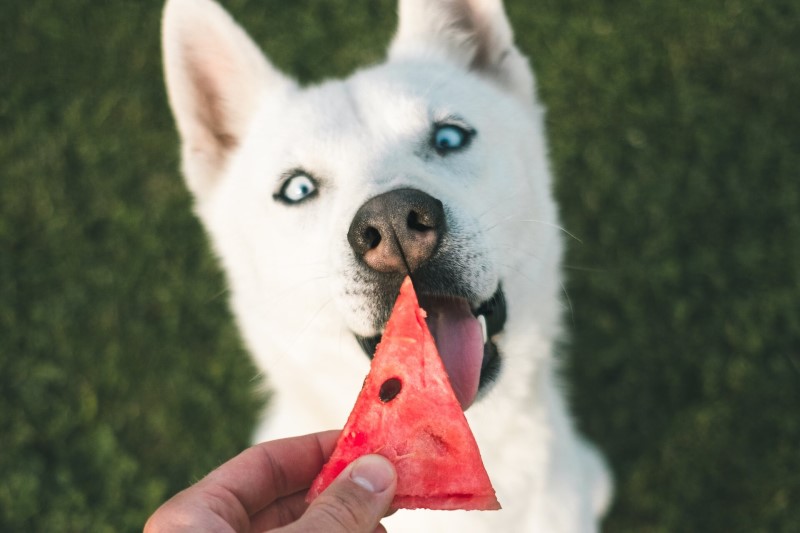
You should not immediately give the animal a large amount of fruit - it is necessary to give a small piece and monitor the body's reaction. If an allergy occurs, it can be stopped immediately. Fruit should be introduced into the diet gradually, and it is advisable to consult a veterinarian.
There are fruits that are strictly prohibited for dogs:
You should not risk and give these fruits, even if you heard from someone that they did not harm their pet.
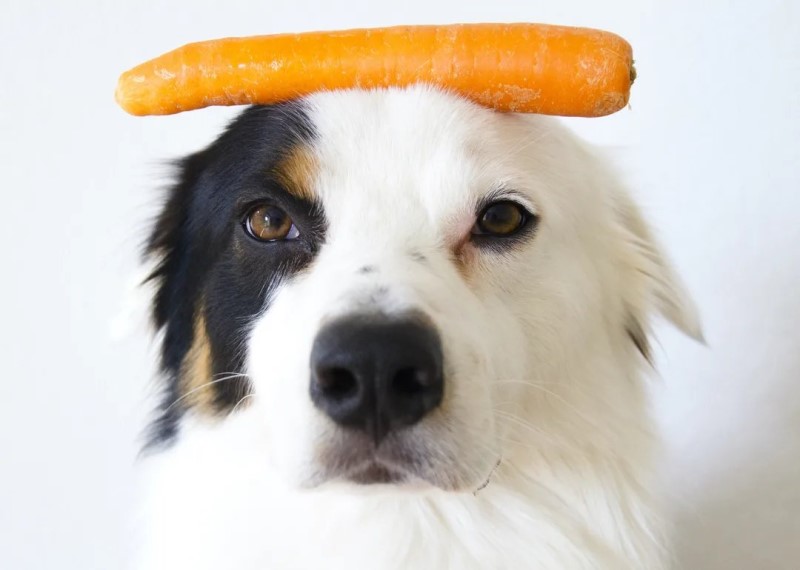
About vegetables for dogs
The situation is the same with vegetables - some products are really useful for pets, and some can cause irreparable harm. Useful vegetables include:
- Cucumbers This vegetable will help control the animal's weight. It has a lot of water and useful substances;
- Sweet pepper. It can be given fresh or baked. It is important to remove all bones;
- Carrot. This is one of the most useful vegetables. It can be given raw, boiled or baked. Moreover, the first option is the best - the animal will also brush its teeth in this way, which will get rid of the unpleasant smell. Carrots contain many useful substances that make the coat very beautiful and healthy;
- Pumpkin. It should be given in baked form - pumpkin is useful for those animals suffering from constipation;
- Batata. In no case should it be given raw - sweet potatoes should be baked or boiled. So it will be quickly and easily absorbed - it contains many useful substances;
- Celery. Has a beneficial effect on digestion and heart health. Only the stem can be given to dogs, having previously crushed it. It will help to get rid of inflammatory processes in the mouth;
- Cauliflower. It contains a lot of fiber, which is easily absorbed and does not irritate the mucous membranes. Improves the work of the gastrointestinal tract;
- Zucchini It can be given both raw and baked. Contains vitamins, trace elements, folic acid - a very useful product for dogs.
There are also vegetables that can be included in a dog's diet, but in very limited quantities. These are tomatoes, white cabbage, beets, radishes, eggplants, asparagus.
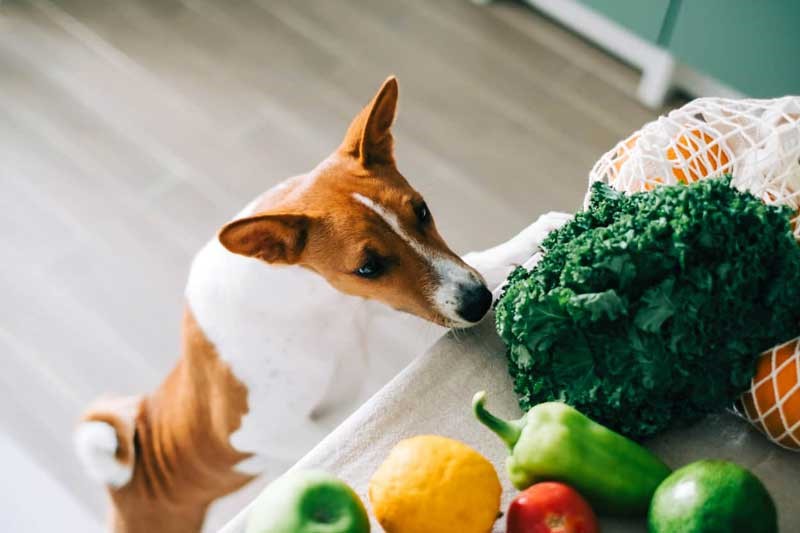
Do not forget about vegetables that are toxic to dogs. These include broccoli - this product contains isothiocyanate - if the animal eats a large amount of the vegetable, it can even cause death, as this substance is toxic to dogs.
Mushrooms are a difficult product for dogs, which can cause gastrointestinal disturbances. Legumes are poorly digested. Onions and garlic contain substances that can lead to anemia. Potatoes contain corned beef, which is poisonous to dogs and can cause serious poisoning.
Conclusions
Give preference to seasonal vegetables and fruits - so you will be sure that the animal will not be poisoned by chemicals. Do not give green or overripe products.
It is also necessary to introduce vegetables into the diet carefully and in small quantities. Constantly monitor your pet - if you notice an allergic reaction or a malfunction of the gastrointestinal tract, remove the product from the dog's diet and show it to the doctor.









